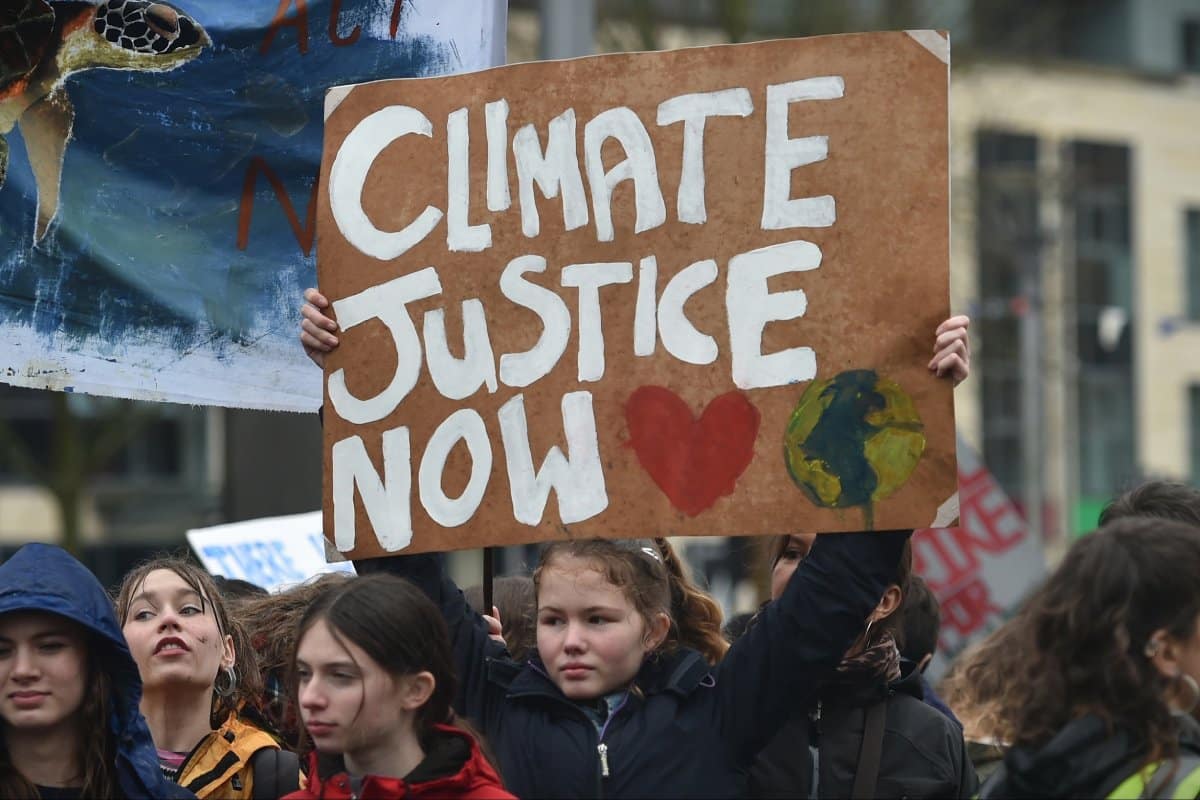In recent years, the UK has been seen as a global leader in climate action. However, several recent policy changes and government decisions suggest a shift away from this commitment. Here are 21 ways the UK is turning its back on climate change action:
1. Rolling Back Green Subsidies

The government has significantly reduced subsidies for renewable energy projects, making it harder for green energy to compete with fossil fuels. This move threatens the viability of the renewable sector, which saw a 30% cut in subsidies over the past five years.
2. Approval of New Oil and Gas Projects
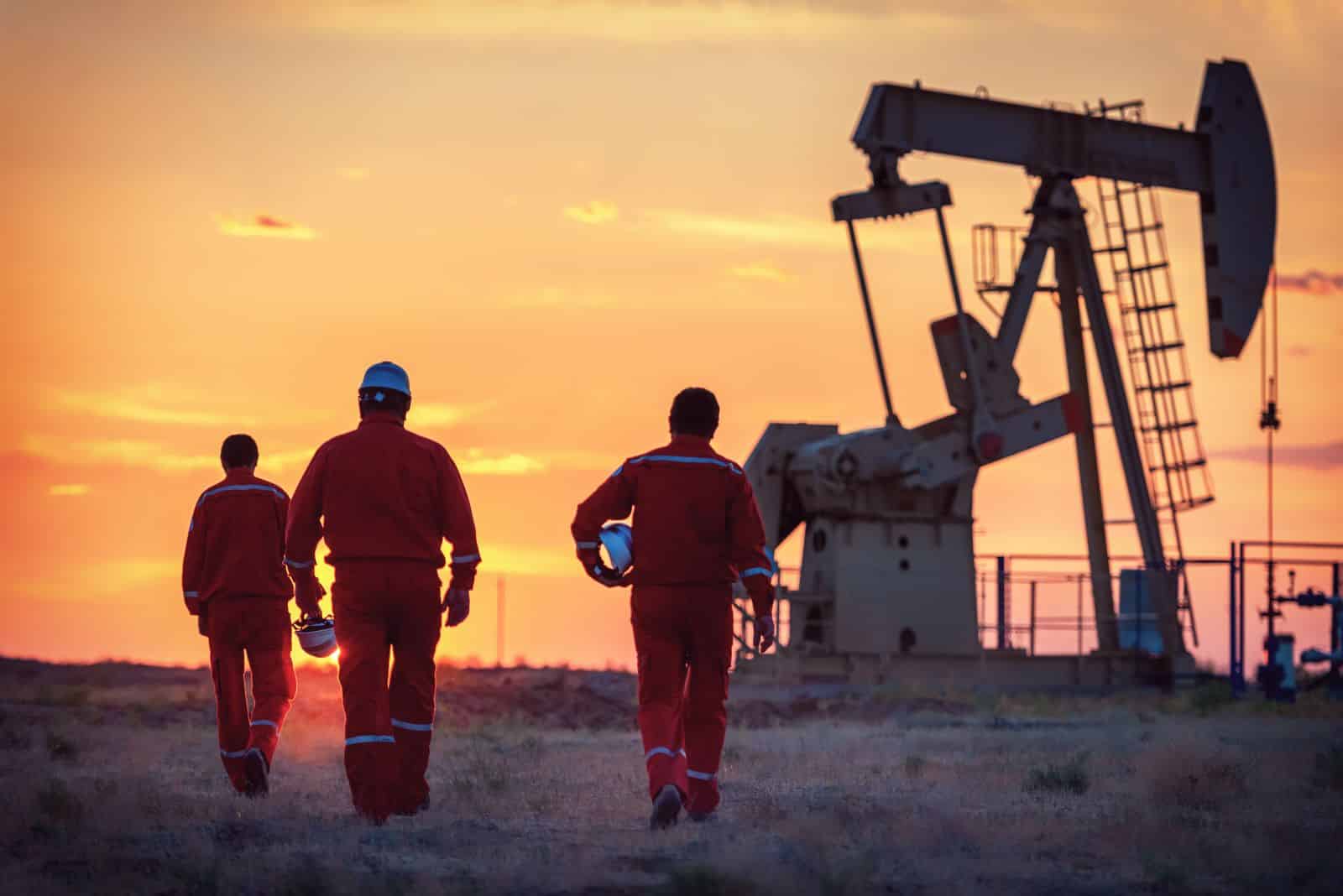
Despite pledges to reduce carbon emissions, the UK has approved new oil and gas drilling projects in the North Sea. These projects are expected to produce millions of barrels of oil, undermining efforts to transition to cleaner energy sources.
3. Delayed Phase-Out of Coal
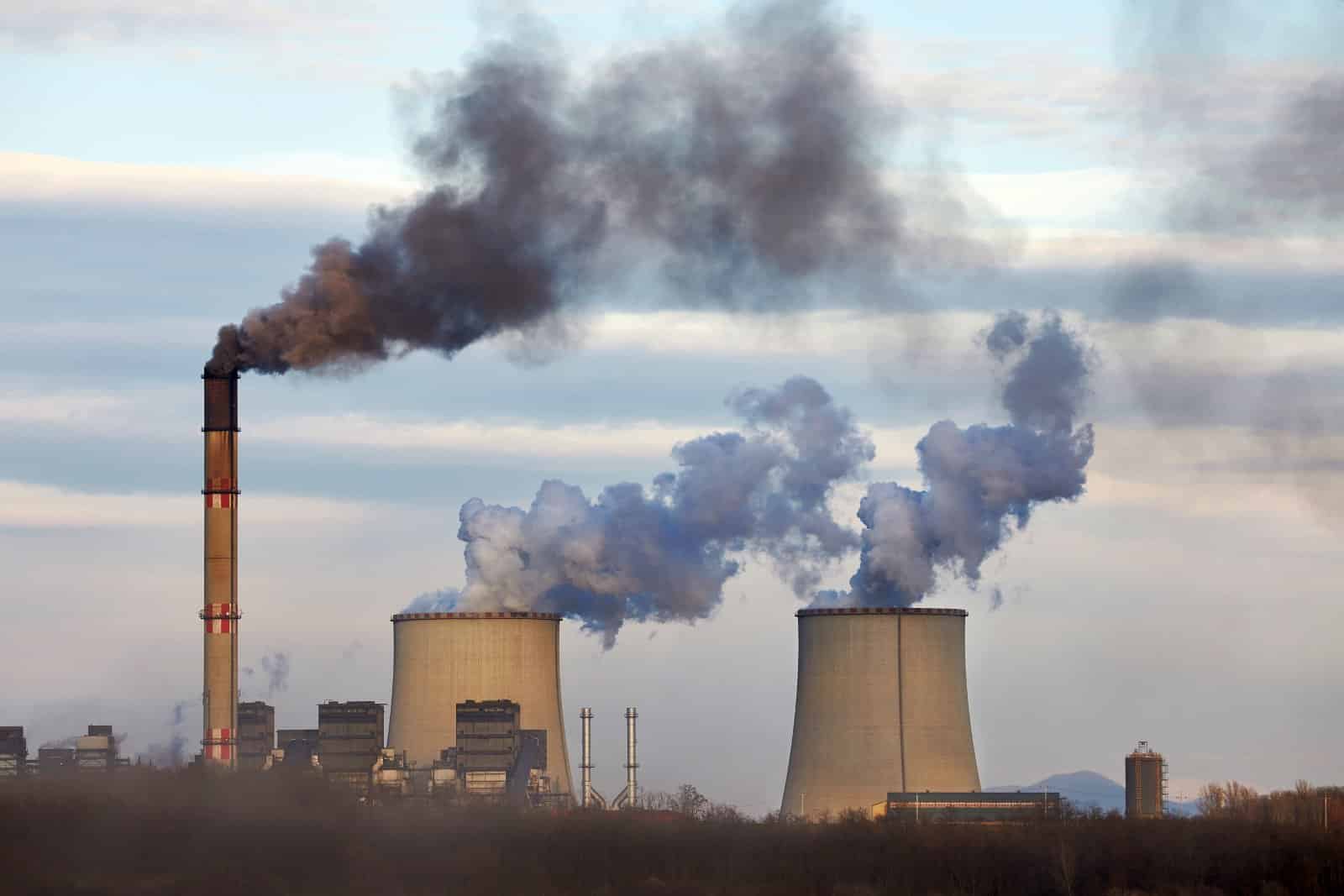
Plans to phase out coal-fired power plants have been delayed, extending the lifespan of one of the most polluting energy sources. Coal still accounts for 3% of the UK’s electricity generation, with phase-out plans now pushed back to 2024.
4. Cuts to Electric Vehicle Incentives
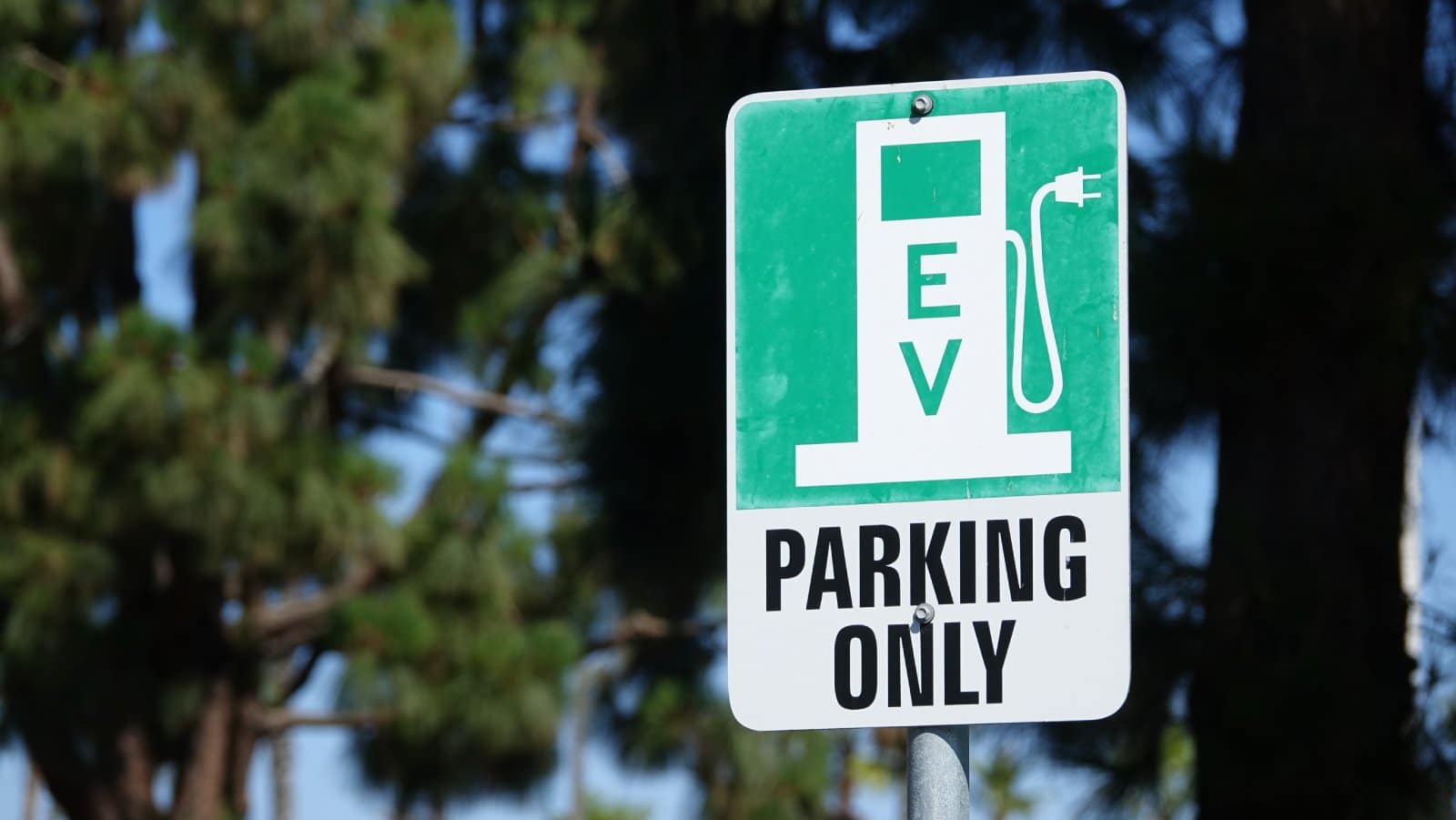
Incentives for purchasing electric vehicles (EVs) have been slashed, slowing the adoption of cleaner transportation. The reduction in grants has led to a 15% decrease in EV sales year-on-year, hindering progress towards reducing transport emissions.
5. Inadequate Housing Energy Efficiency

The UK has fallen behind on improving energy efficiency in housing, with many homes still poorly insulated. Approximately 19 million homes are in need of upgrades, contributing significantly to domestic energy consumption and carbon emissions.
6. Reversing Fracking Bans
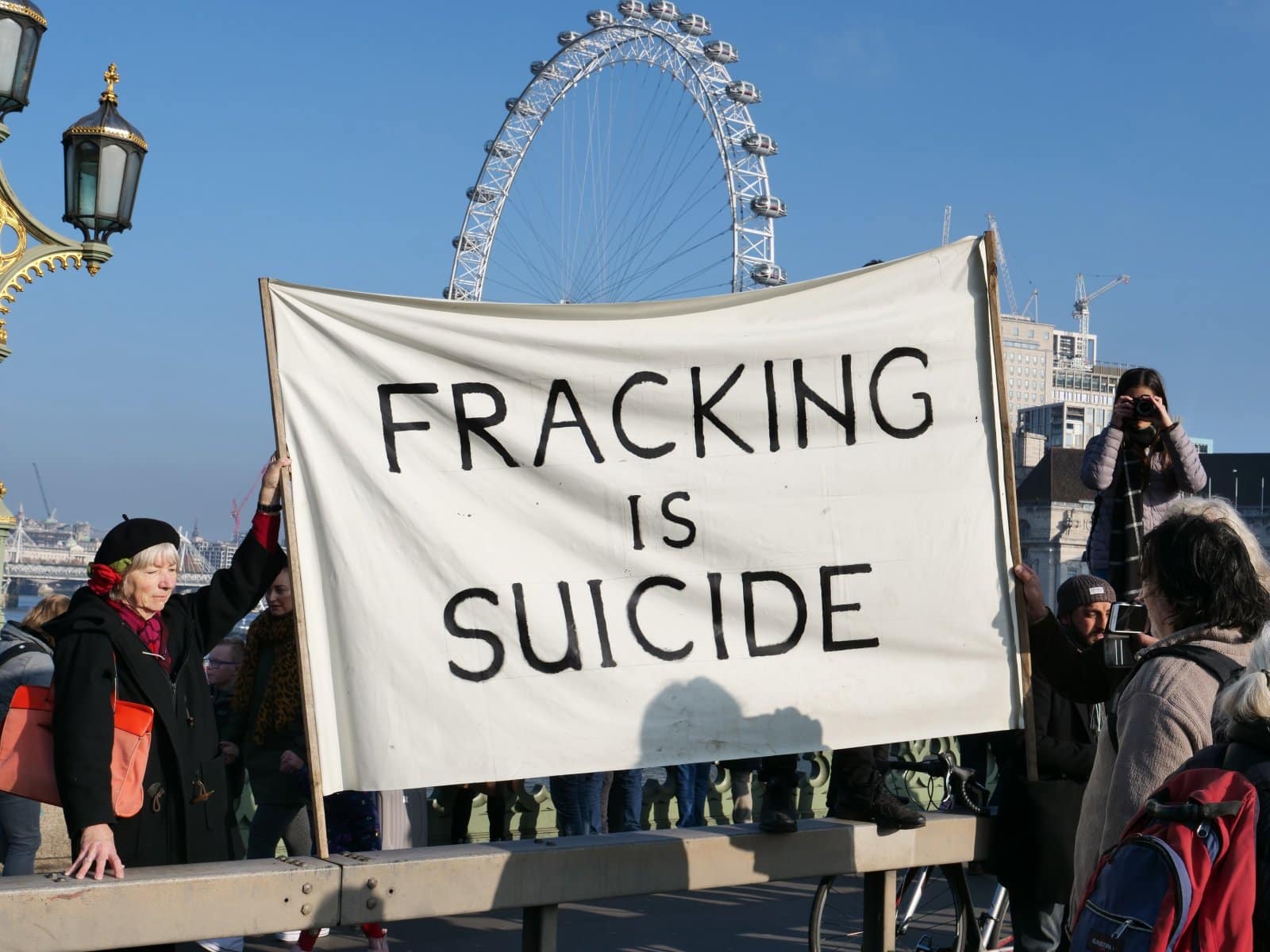
The government has lifted the ban on fracking, allowing companies to resume drilling for shale gas. Fracking has been linked to environmental hazards and increased greenhouse gas emissions, countering climate action goals.
7. Insufficient Investment in Public Transport

Investment in public transport infrastructure has not kept pace with needs, particularly in rural areas. This underinvestment results in higher reliance on private cars, increasing overall carbon emissions from the transport sector.
8. Cutting Back on Green R&D Funding

Research and development funding for green technologies has been cut, limiting innovation in the field. Over the past two years, funding has been reduced by 20%, affecting projects that could lead to significant environmental benefits.
9. Weakening Environmental Regulations

Environmental regulations have been weakened, making it easier for industries to bypass stringent environmental protections. This rollback could lead to increased pollution and degradation of natural habitats.
10. Reducing International Climate Aid

The UK has reduced its financial contributions to international climate aid, impacting global efforts to combat climate change. The aid budget was cut by £500 million, affecting climate resilience projects in developing countries.
11. Inadequate Support for Renewable Energy
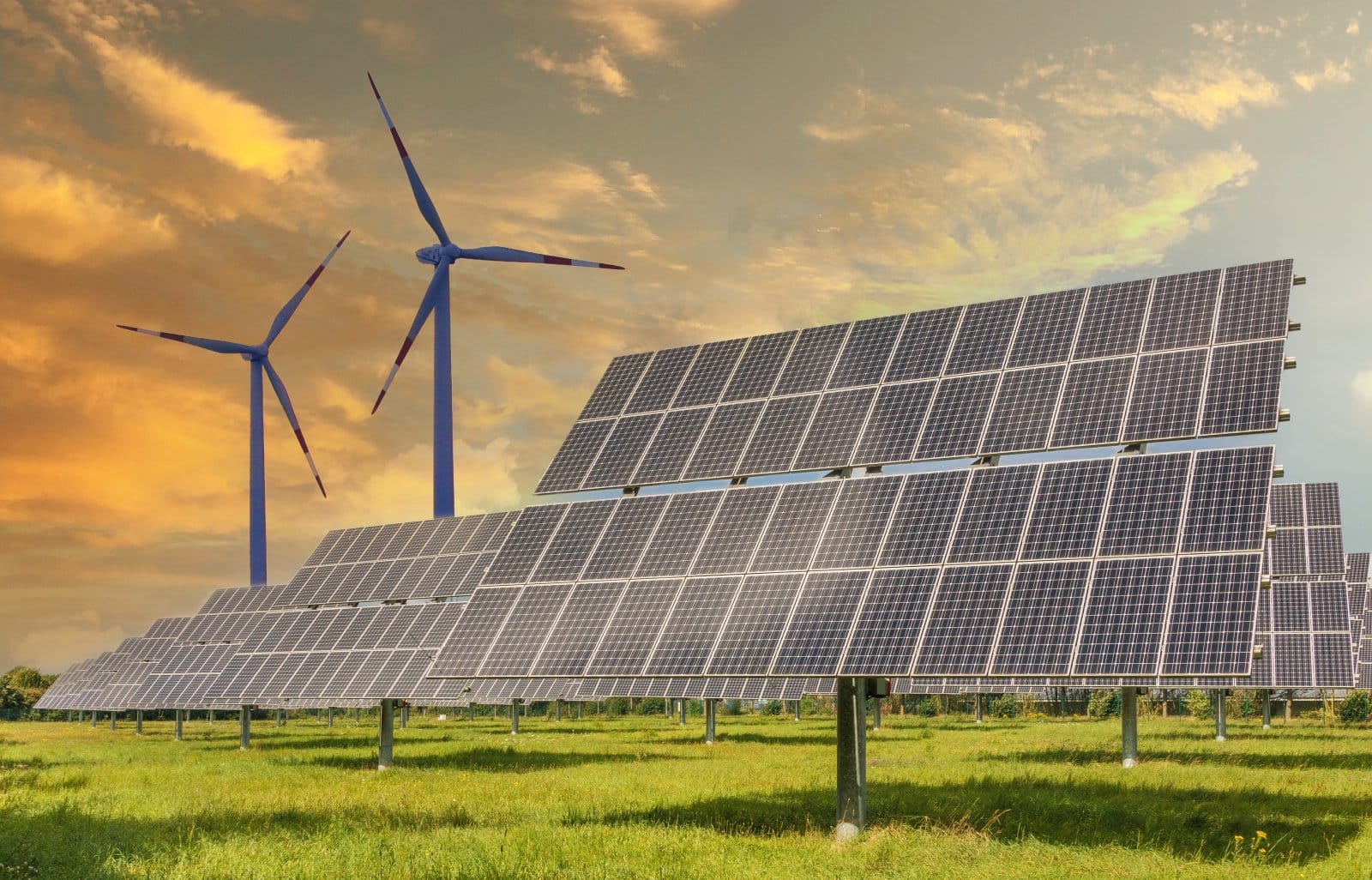
Support for renewable energy projects has waned, with fewer incentives for solar and wind energy developments. This has led to a slowdown in the growth of renewable energy capacity, risking the achievement of emission reduction targets.
12. Ignoring Sustainable Agriculture

Policies supporting sustainable agriculture practices have been sidelined, despite their potential to reduce emissions and enhance biodiversity. Current agricultural policies favour traditional practices that contribute to environmental degradation.
13. Cutting Back on Reforestation Efforts
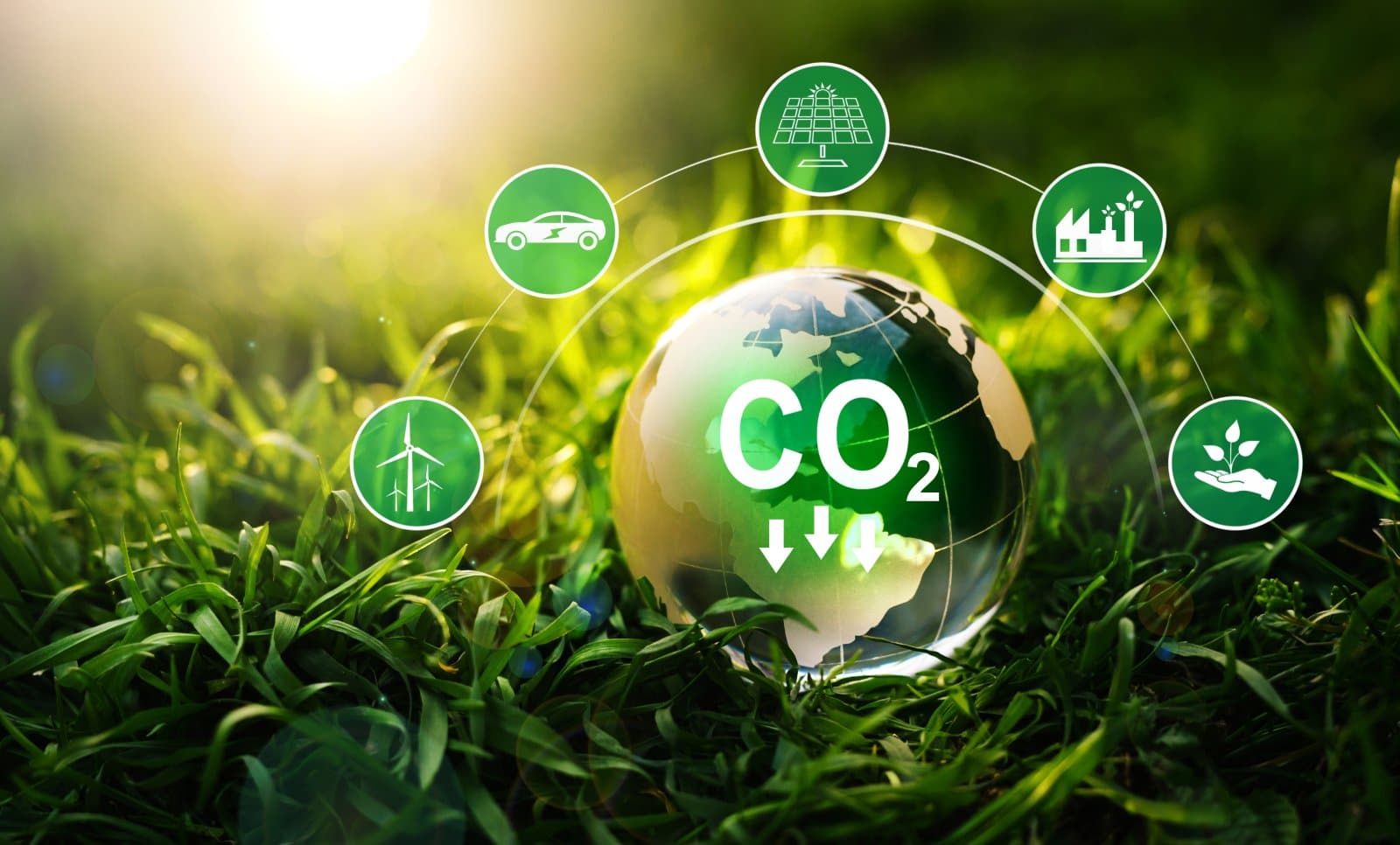
Reforestation initiatives have been scaled back, slowing efforts to increase forest cover and carbon sequestration. The UK has planted fewer trees in recent years, falling short of its target to plant 30,000 hectares annually.
14. Weak Climate Change Education

Climate change education in schools has not been prioritised, leaving students inadequately informed about environmental issues. Only a small portion of the curriculum addresses climate science, missing an opportunity to foster environmental stewardship.
15. Insufficient Waste Management Policies
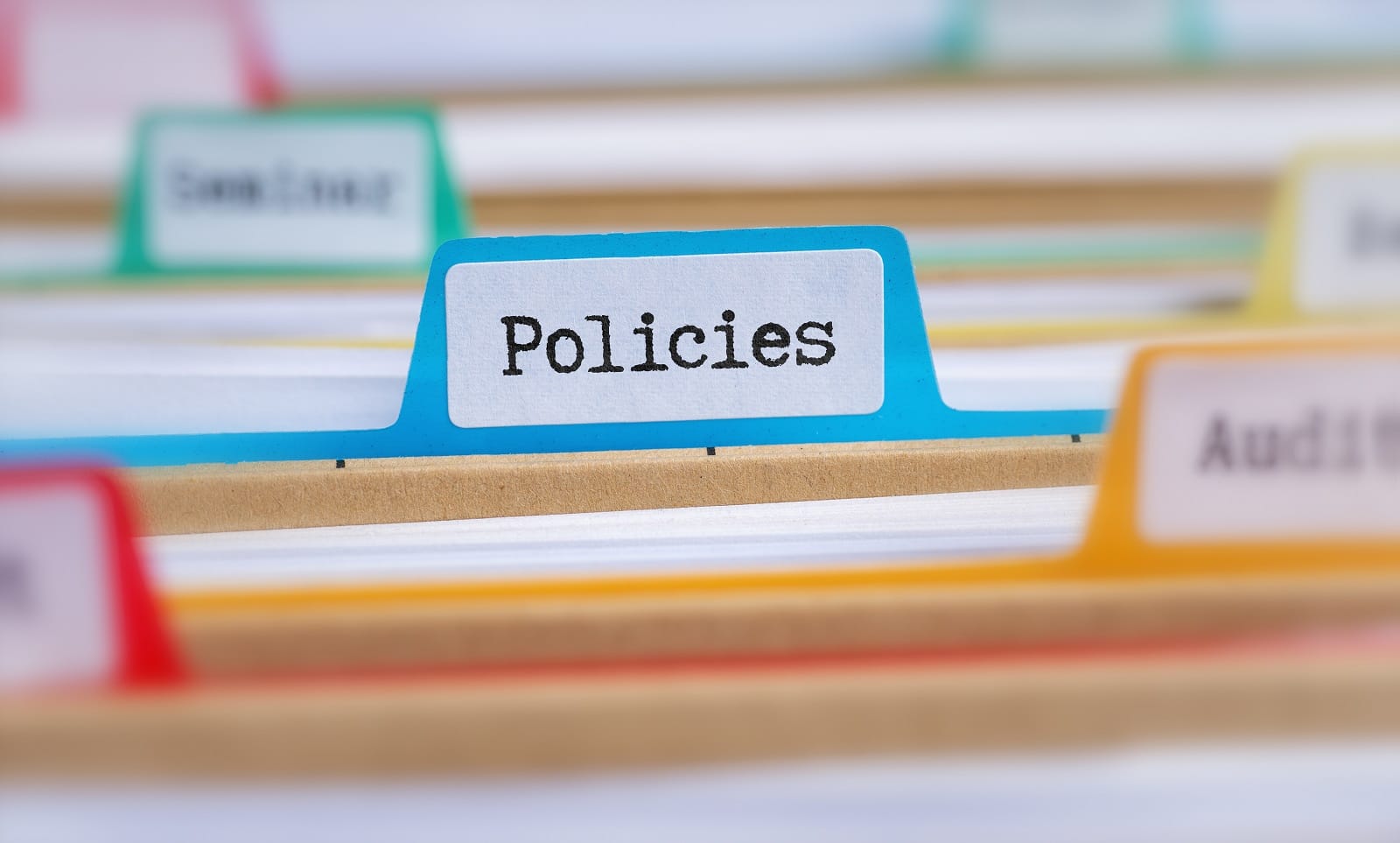
Waste management policies remain inadequate, with low recycling rates and high landfill usage. The UK recycles only 44% of its waste, well below the EU average, contributing to higher methane emissions from landfills.
16. Neglecting Urban Green Spaces

Urban green spaces, crucial for mitigating urban heat and improving air quality, are being neglected. Funding for parks and green spaces has been cut, resulting in the decline of these vital urban resources.
17. Slow Progress on Net Zero

Progress towards the 2050 net zero target has been slow, with key sectors lagging behind. Emissions from transport, industry, and agriculture remain high, jeopardising the overall goal of net zero emissions.
18. Failure to Address Air Pollution

Efforts to address air pollution have been insufficient, with many urban areas still exceeding safe air quality limits. Poor air quality contributes to health problems and exacerbates climate change by increasing atmospheric particulates.
19. Reduced Focus on Marine Conservation

Marine conservation efforts have been deprioritised, with less funding for protecting marine biodiversity. This neglect threatens marine ecosystems, which play a crucial role in carbon sequestration and climate regulation.
20. Ignoring Climate Resilience
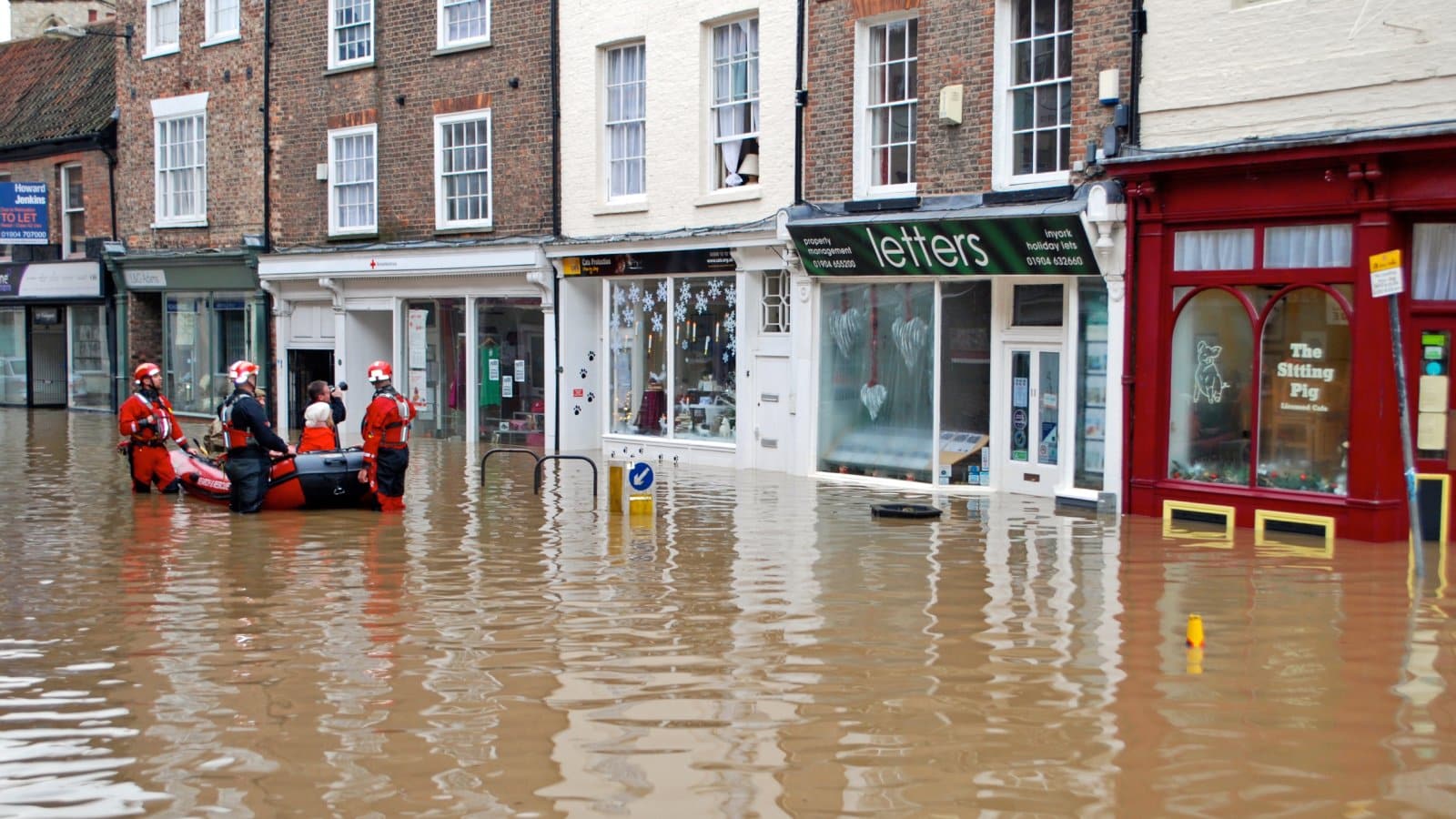
Policies to enhance climate resilience and adapt to climate impacts have not been adequately implemented. Flood defences and other resilience measures remain underfunded, leaving communities vulnerable to climate change effects.
21. Lack of Green Jobs Initiatives

The government has failed to sufficiently promote green jobs, missing opportunities to boost the economy while addressing climate change. Investment in green industries has been minimal, leading to slower job growth in this crucial sector.
Labour’s Environmental Manifesto
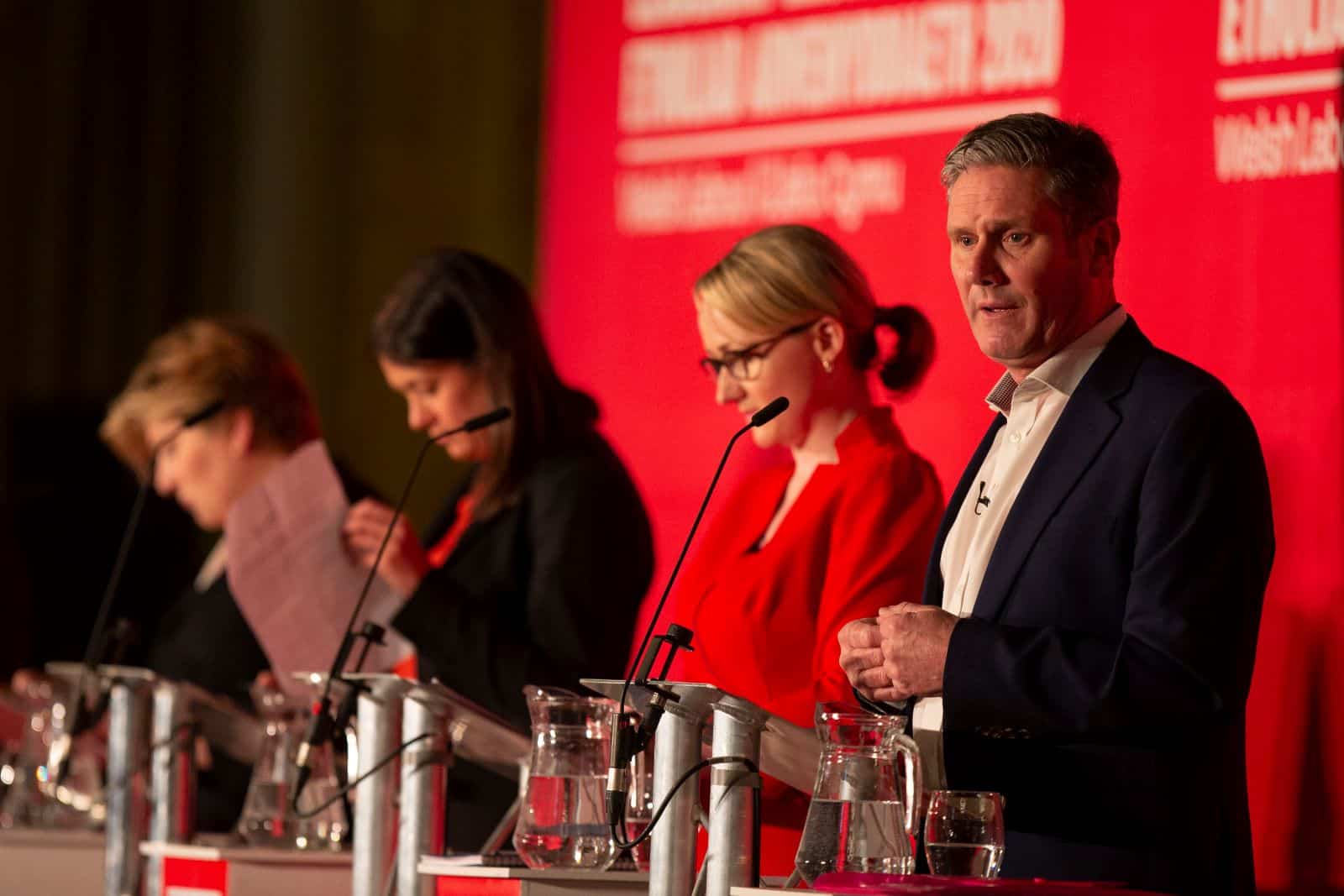
The Labour Party, which won a landslide victory, has pledged to reverse these regressive policies and put the UK back on track for climate action. These new policies signal a potential shift back towards meaningful climate action. With the Labour government at the helm, there is hope that the UK will renew its commitment to addressing the climate crisis and lead the world in sustainable practices.
10 Worst Places to Live in the UK Today

Here’s a look at the 10 worst places to live in the UK, based on statistical analysis and local sentiment, to help you understand the challenges residents may face in these areas. 10 Worst Places to Live in the UK Today
“We Will Never Come to Help You” – Trump’s Hurtful Words Raise Concerns About EU Firepower

It was revealed in a conference in Brussels that former President Donald Trump said in 2020 that the US would “never help” Europe if it was attacked. Now, European nations are grouping to commit more firepower to combat Putin’s threat to democracy. “We Will Never Come to Help You” – Trump’s Hurtful Words Raise Concerns About EU Firepower
Brexit Fallout: 20 Ways the EU Is Falling Apart Without the UK
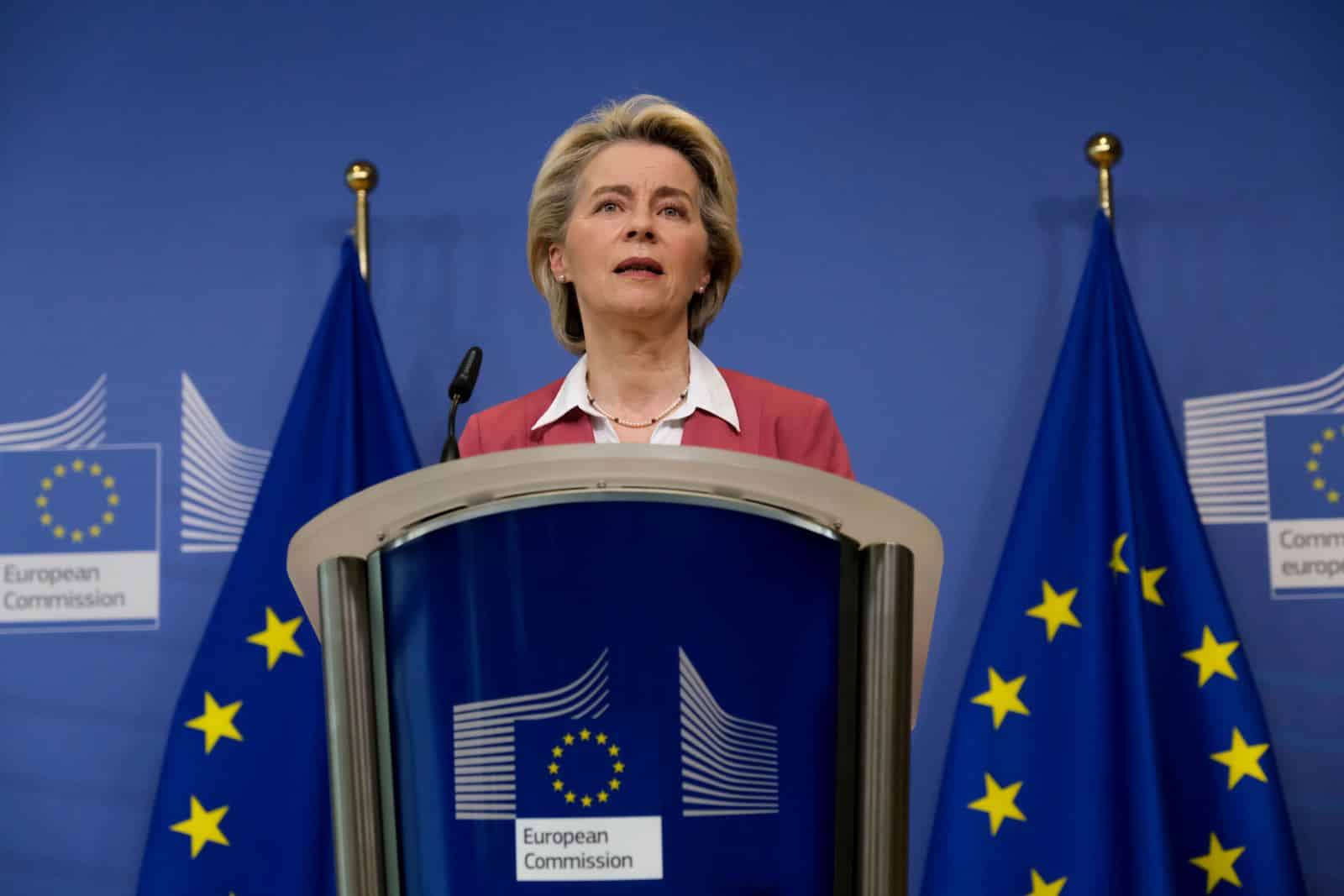
Since Brexit, the EU has been grappling with multiple crises and internal conflicts. Can the bloc hold itself together in these turbulent times? Brexit Fallout: 20 Ways the EU Is Falling Apart Without the UK
Featured Image Credit: Shutterstock / 1000 Words.
For transparency, this content was partly developed with AI assistance and carefully curated by an experienced editor to be informative and ensure accuracy.

